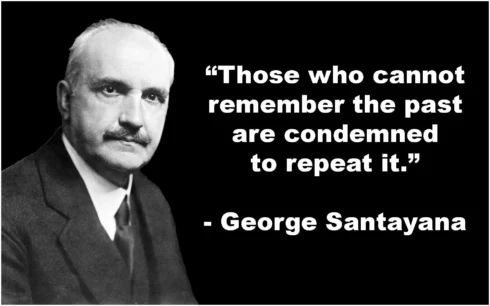WE woke up to a damp fog covering the city, causing the young police officers stationed outside the conference centre to shiver in their boots.
After the excitement of the first day’s bomb scare – which turned out to be a jet-lagged Cameroonian’s suitcase left on a train – the police were taking no chances, thoroughly checking the long lines of chilled delegates and journalists forming in the pre-dawn gloom.
One key to the success of the talks is the issue of cooperation. And it’s good to see that, so far, people have been working together to make this happen.
It wasn’t until they all got inside that things started hotting up again, and the emotional speech made by a woman from Fiji set the tone for the day and focussed delegates’ minds on the immediacy of the issues at hand.
One key to the success of the talks is the issue of cooperation. And it’s good to see that, so far, people have been working together to make this happen.
There is a real buzz in the air and one of the first things you notice in this pleasantly compact and liveable city is all the bikes.
It’d be a cliché to say that Copenhageners love to ride bikes: they don’t. They were brought up riding them as a means to get around and for them hopping on a bike is neither a way to get fit nor a political statement. But it is good for the environment.
Those who would like the talks to fail are legion – and as I write on day two it doesn’t seem likely that any legally-binding agreement will be reached – but a critical level of momentum has been reached and, for the first time ever, both the US and China have agreed upon the need to curb greenhouse emissions.
This would have been unthinkable even two years ago. So, whatever is or is not agreed upon at Copenhagen people will make their voices heard and, like it or not, the world will be a different place afterwards.
Click here to read more News from The Olive Press.






I think that the authority of so many leading scientists from all over the planet, plus the fact that ALL major nations are agreed on the need to drastically reduce CO2, means that the momentum for an agreement has been reached. It will become legally-binding next year if not at the summit.
Those that want the talks to fail, whilst vocal, are very marginalised and lack any authority for their views.
Actually, i don’t think this conference will change anything, the same as all the others that came before it. All they’ve agred on as yet is to put back the CO2 emissions deadline another 10 years (the last summit agreed 2010, now it’s 2020) They should just stop spending money debating the problem (because i bet it’s cost a pretty penny to get all of these so-called specialists toghether in Copenhagen) and spend it actually doing something about it!!!
Unfortunately, Copenhagen is a complete waste of time. Whilst the developed countries try to battle out a plan, the undeveloped countries, who themselves have enormous populations, will also want to kick start their fledgling industries in the near future, so it makes any climate gains at Copenhagen irrelevant.
Drastic issues seem to be needed but people will not want to give up their cars, luxuries and freedoms. Any political party that limits peoples freedoms will be voted out of power. The majority of people therefore do not really care about the planet, simple as that. We are all distracted by our little irrelevant day-to-day activities. Only when the planet gets a major “reset” will people take notice.
As for being a “sceptic”, don’t blindly believe all that scientists tell you. Man is certainly polluting the planet and is also harming many of its ecosystems, but that does not mean the planet is being irreparably damaged. When the next ice age comes there will be massive loss of plant and animal life, and the life that does survive from that hopefully will begin again.
This is the planets way; it’s the only way in fact, since man will never agree on anything. In fact, it will be good if our species eventually becomes extinct since if it does survive, we’ll just be back to where we started in a few thousand years.